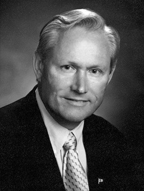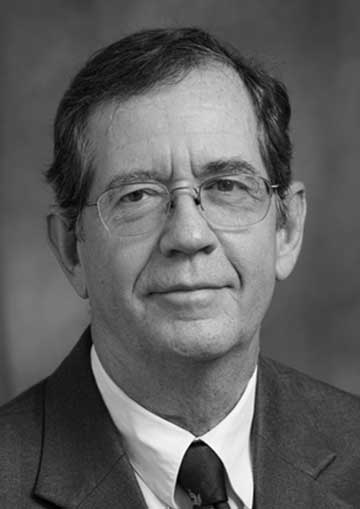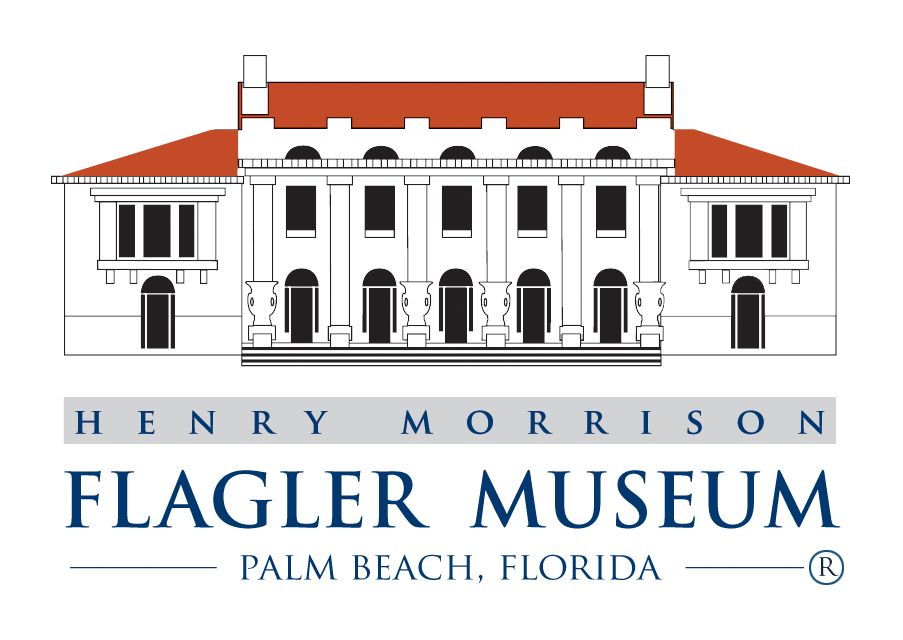 The Sweetest Company Town Ever Built: Hershey, PA
The Sweetest Company Town Ever Built: Hershey, PA
Michael D'Antonio
February 4, 2007, 3:00pm
Built by Milton Hershey in 1905, Hershey PA was a utopian community with tree lined streets comfortable homes, a quality public school system, and extensive recreational and cultural opportunities. Michael D'Antonio, author of Hershey: Milton S. Hershey's Extraordinary Life of Wealth, Empire, and Utopian Dreams will discuss Milton Hershey's life and how he separated his company town from its faceless counterparts to create one of the only successful Gilded Age company towns. Hershey PA remains "a self-perpetuating little utopia of capitalism and charity." Michael D'Antonio is the author of many acclaimed books, including Atomic Harvest, Fall from Grace, Tin Cup Dreams, Mosquito, The State Boys Rebellion; among his many awards is the Pulitzer Prize, which he shared with a team of reporters from Newsday.
 Boss Tweed: The Rise and Fall of the Corrupt Pol Who
Boss Tweed: The Rise and Fall of the Corrupt Pol Who
Conceived the Modern Soul of Modern New York
Kenneth Ackerman
February 11, 2007, 3:00pm
Kenneth Ackerman, author of Boss Tweed: The Rise and Fall of the Corrupt Pol who Conceived the Soul of Modern New York, served more than 25 years on Capitol Hill and in the Executive Branch, and currently practices law in Washington D.C.The New York Times, National Public Radio, and Kirkus Reviews, have all praised Ackerman's description of the magnetic and larger-than-life individual who controlled almost every city government nomination and whose associates stole an estimated $45 million during their reign. New York's Boss Tweed was big, bold and brash, and his crimes were breathtaking. While Tweed had the money to keep his friends loyal, when reformers finally took control of the city, Tweed's powerhouse collapsed. Ackerman will also show how Tweed made positive contributions that have been largely overlooked.
 West Palm Beach: Servants' Town, Company Town, or Something Else?
West Palm Beach: Servants' Town, Company Town, or Something Else?
John Blades
February 18, 2007, 3:00pm
John Blades has been the Flagler Museum Executive Director for nearly a dozen years yet he is continually surprised by the misperceptions that plague the legacy of Henry Flagler in West Palm Beach. Referring to the perception that West Palm Beach was founded as a servants' town, during her 2005 State-of-the-City Address the Mayor of West Palm Beach still defined her city, in part, in reaction to that perception. But, is that perception accurate? While Henry Flagler developed many towns and cities, and heavily influenced many others, from Jacksonville to Key West, West Palm Beach was arguably the one city Henry Flagler felt the greatest affinity for. But ironically, West Palm Beach may be the city that least appreciates Henry Flagler's legacy. How did this happen? What are the myths and misperceptions that have plagued West Palm Beach and its relationship with Palm Beach and Henry Flagler's memory for more than a century? John Blades will explore the complex nature of the historical relationship between Henry Flagler and West Palm Beach, and its affect on the contemporary relationship between Palm Beach and West Palm Beach.
 Boss Cox's Cincinnati: a Response to the Realities of the Urban Environment During the Gilded Age
Boss Cox's Cincinnati: a Response to the Realities of the Urban Environment During the Gilded Age
Alan Marcus
February 25, 2007, 3:00pm
Alan Marcus, professor and head of the Department of History at Mississippi State University, will discuss the infamous George Barnsdale Cox "Boss Cox," who ran Cincinnati from 1879 to 1916. Boss Cox grew from an orphaned 18th ward shoe shiner to a mogul who controlled 25,000 votes in one of America's largest cities. No one in Cincinnati could hope to become a councilman, judge or congressman without Cox's nod, even presidents vied for his approval. While Boss Cox was a master manipulator who ruled by fear, the former slum saloonkeeper could boast that he had taken the schools, police and fire departments out of politics, built sewer lines, paved streets, and kept taxes relatively low. Alan Marcus carefully explores both the nature and the significance of bossism, showing how it and municipal reform were both essential components of the modern urban political system. Marcus will describe "the little god of Cincinnati," and give insight into what some called "the worst governed city in the United States.'' Alan Marcus is the author or editor of 11 books and numerous articles. His most recent volume is The Future is Now: A History of Science and Technology Policy in the United States since 1950 by Prometheus Press.
 George Pullman's Factory Town and the Panic of 1894
George Pullman's Factory Town and the Panic of 1894
James Gilbert
March 4, 2007, 3:00pm
James Gilbert is multiple Fulbright Scholar and Distinguished Professor of History at the University of Maryland in College Park. He is the author of eight books on American Cultural History and several articles. Gilbert discusses the rise and fall of the most renowned of company towns, Pullman Illinois. Founded by luxury railcar industrialist George M. Pullman in 1880, it was the first planned model industrial town, and it set the stage for the company town movement. With a company market, company church, and company housing for more than 12,000, Pullman residence had what many assumed was "the worlds most perfect town," yet within a few years the utopian existence was shattered as labor reform and worker strikes overtook the community. James Gilbert grew up only a few miles from Pullman and his interest in the city stems from early train rides past Pullman where he wondered at the city's unusual architecture. Gilbert has also written extensively on Chicago World's Fair of 1893.

 The Sweetest Company Town Ever Built: Hershey, PA
The Sweetest Company Town Ever Built: Hershey, PA Boss Tweed: The Rise and Fall of the Corrupt Pol Who
Boss Tweed: The Rise and Fall of the Corrupt Pol Who West Palm Beach: Servants' Town, Company Town, or Something Else?
West Palm Beach: Servants' Town, Company Town, or Something Else? Boss Cox's Cincinnati: a Response to the Realities of the Urban Environment During the Gilded Age
Boss Cox's Cincinnati: a Response to the Realities of the Urban Environment During the Gilded Age George Pullman's Factory Town and the Panic of 1894
George Pullman's Factory Town and the Panic of 1894





